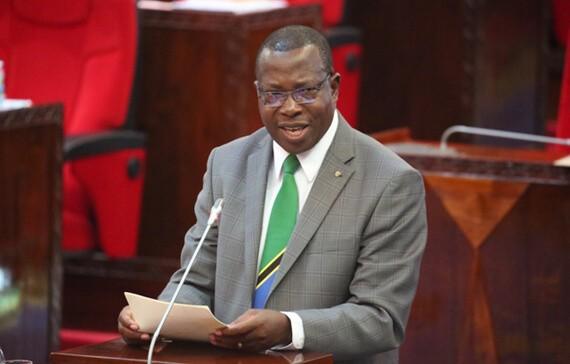The Bank of Tanzania (BoT) has aligned various approved policy measures necessary for rescuing the economy from gruesome effects of the Coronavirus (COVID-19), which has already demonstrated its impacts by destabilizing the tourism and aviation sector in Tanzania.
The bank announced the new move on Tuesday, through a statement.
As Tanzania still records nearly 500 confirmed cases and 16 deaths, the central bank’s Monetary Policy Committee (MPC), which met on 8 May 2020, agreed on the measures to “safeguard the financial sector stability and continue facilitating the financial intermediation process” according to the central bank’s statement.
How local banks get saved
Tanzanian business shutdown and some worrying about their loan repayment schedules, the central bank has emerged with a rather customized solution to aid the banking and business community in that manner.
The bank has urged banks and other financial institutions to assess financial challenges faced by borrowers triggered by the pandemic in respect of loan payment, and discuss the possibility of restricting of loans or know in other terms as to repayment moratorium.
The statement noted that “the bank of Tanzania will provide regulatory flexibility to banks and other financial institutions that will carry out loan restructuring transparently and impartially”
As the pandemic takes various dynamics over time and space, the central bank’s loan rescheduling agenda could be tested if it works within the coming months, as the business community still hurts from profit loss and labour retrenching.
The BOT has also reduced the discount rate from 7 per cent to 5 per cent. This relief has taken effect today 12 May. Hence, as local banks get more leeway from the central bank, it is a matter of time, until their ability to save the economy is determined.
In that context the bank argues that “This measure will provide additional space for banks to borrow from the bank of Tanzania at a lower cost, thus signalling lower lending rate by banks”.
The central bank has also provided salient measures concerning bank borrowing from BOT, as the monetary body enhances banks borrowing by easing up collateral than before.
Digital payment takes the lead
Tanzania is one of the East African nations and across the region taking lead in telecommunications, with more than 42 per cent subscribing to mobile services according to GSM, and the latest figures by Tanzania Communications Regulatory Authority (TCRA) marked the mobile money transaction at over $ 3.8 billion by December 2019.
With more than 200 million transactions last year, Tanzania’s digital payments could be another potential way towards digitizing Tanzania, and the rest of the region.
As Tanzania telecom services penetration stands at 87 per cent, BoT took the liberty to expand mobile money operators daily transaction cap nation-wide from $ 1,296 to $2,161, and daily balance rose from $ 2,161 to $ 4,322.
“ This measure will encourage customers to use digital payment platforms for transactions, thereby reducing congestion in banking premises.,” the statement read in part.
Tanzania is one of the most-advanced digital payment markets in Sub-Saharan Africa and could be getting larger as the central bank pushes for its domestication even further, there is a chance of transaction cost reduction, promote fintech access to the unbanked population, and levitate mobile money agents incomes.
Also, the central bank has provided a measure to ensure banks are assured of additional liquidity.
